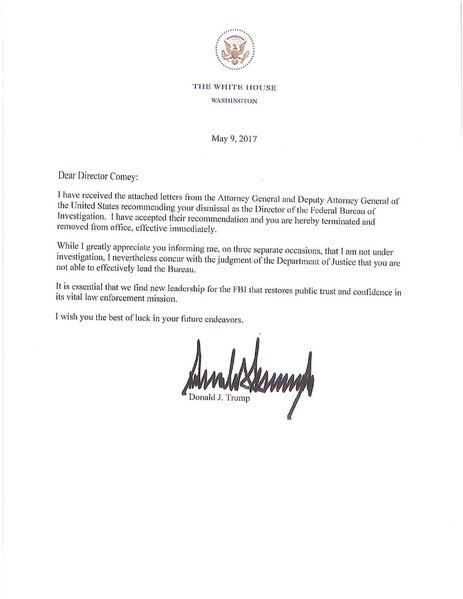
Landschlacht, Switzerland, 25 August 2017
Back in May an employer of mine and I made an agreement:
The school didn’t want me to work for them and I didn’t wish to work for the school.
The position was ended to our mutual satisfaction and with little discomfort on either side.
Despite my age diminishing my abilities of finding work as easily as I once did, I have confidence in my own abilities to survive.
In the past, I have been fired from some positions, sometimes deservedly, sometimes not.
As an employee of various institutions for the past forty years – I first worked as a farmhand in my teen years – I found two things to be true:
- You must do what you love and love what you do, or you will never really be “successful” or feel motivated to give your best efforts towards the job.
- No matter how hard you try, you will never please all of the people all of the time.
Granted that a person is judged by his/her actions, rather than how they feel or think.
And as most of us spend 80% of our adult lives working, we are defined by our jobs, whether we like this definition or not, or whether a person’s identification by their work performance is a fair assessment of their character or not.
When it comes to employment, not all work is the same.
In an ideal world, employees at an early age decided what profession they wanted, followed their career path without faltering, and advanced up their chosen career ladder without blemishes on their record, rising based on their competence and hard work.
But not everyone has led such a blessed worklife.
Many people have drifted into the jobs and professions they now practice.
Many people hate their jobs and spend their lives enduring their work by counting how many days remain until their vacation or how many hours are left until they can ride away from the jobsite and do some activity as unrelated to their work as possible.
Depending on a person’s educational background, or their ability to have afforded an education financially and emotionally, many folks suffer through positions they can barely tolerate because these positions offer a paycheque.
And many tolerate less than desirable working conditions, because their income supports other people besides themselves.
Chances are strong that, unless you are a gifted networker or your position is secure because of your personal connections to your employer, you will find yourself terminated from a position at one time or another in your life.
For many of us, once we get past the shock and the anger of the “injustice” done to us, once we rediscover that it is not the job that defines us but we define the job, we then pick ourselves up, dust ourselves off and once again face the world of work head held high, hopefully wiser for the experience.
Sometimes we are terminated because we did something intolerable in the eyes of the employer.
Sometimes we are terminated because the employer does not like how we did our job even if our performance was according to the standards set by the employer.
Sometimes an employee is simply more expensive to keep on than to fire.
Sometimes the employer simply doesn’t like you and found an excuse to dismiss you.
At this moment, someone somewhere has just been fired.
Despite our lives being more electronically accessible and open now more than any other time in human history, the loss of a job, although painful, is not the end of the world.
We can recover from this job loss and new employment can be found, because we who are not in the public spotlight can spin our employment record in such a way that we can find a new employer who doesn’t have preconceptions as to who we are or what we can do.
But what about those folks who are in the public spotlight and who have lost their jobs in a very public manner?
How do they recover?
Some cases of dismissal are easy to accept, if the employee was dismissed through the worker’s own wrongdoing.
So when I consider the character of folks like Bill O’Reilly, if there are numerous amounts of people accusing you of wrong behaviour, whether legally proven or not, the taint and scandal of having that kind of person publicly representing an organisation reflects poorly upon that organisation.

O’Reilly is a bully who bullied others too often to tolerate and treated women in ways that were disrespectful and dishonourable.
Fox Media eventually had enough.

By all accounts, O’Reilly should be financially secure enough to weather the storm and live the rest of his days upon his financial portfolio, but it seems doubtful that he will ever return to the heady heights of television’s Olympus where he once was supreme.
O’Reilly did wrong and he was sacked because of it.
But what of James Comey, the FBI director canned by President Trump?

Did he do wrong?
And where does he go from here?
Analysis of all this is fraught with several difficulties:
I am just an ordinary man, a Canadian working in Switzerland, lacking inside knowledge or experience in these matters, so what follows are mere opinions and thoughts based on what bits of information I have been able to garner in my own long distance manner.
I am limited to what information is allowed me, for it is not absolutely certain how valid, complete or objective news reports about Comey’s dismissal actually are, though I try to give the media some benefit of the doubt.
Complete objectivity on my part regarding anything that Donald Trump says or does is difficult for me, for when I consider his record, both before and since his Presidency began, I find it difficult to like, respect or trust this man, despite my dim hope that he may one day prove me wrong.

But if we can judge a man by the caliber of his enemies, the fact that much of the media despises – and is despised by – him, that he seems to have the lowest approval rate of any President the United States has seen, that he views the judicial branch of government as a threat to his executive power, and that even his own wife is reluctant to even hold his hand in public or share a bedroom with him at the White House, does not say positive things about the man.

Trump is President by default rather than acclaim, reminiscient of Peter Ustinov’s Prince John, in Walt Disney’s animated Robin Hood, in many discomfiting ways.

Comey’s dismissal has caught my attention, for it brings to mind questions of accountability and the exercise of authority.
Comey’s dismissal matters to the world for it raises the idea of Trump’s possible impeachment, which would have a huge impact on American government and politics both in the United States and abroad.
Who is James Comey?
James Brien Comey Jr., born 14 December 1960, is an American lawyer who served as the 7th Director of the US Federal Bureau of Investigation (FBI) from 4 September 2013 to 9 May 2017.

Prior to his appointment as FBI Director, Comey was the US Attorney for the Southern District of New York (2002-2003), US Deputy Attorney General (2003-2005), general counsel and senior vice president of Lockheed Martin, America’s largest defense contractor (2005-2010), and senior manager at Bridgewater Associates, a Connecticut-based investment management firm (2010-2013).
Comey has also been a lecturer on national security law at Columbia University’s Law School, been part of the London-based financial institution HSBC Holdings, and has served on the Defense Legal Policy Board.
In his New York years, Comey helped prosecute the Gambino crime family.

Above: Carlo Gambino (1902 – 1976), head of the Gambino crime family
From 1996 to 2001, Comey acted as deputy special counsel to the Senate Whitewater Committee, lead prosecutor in the 1996 Khobar Towers bombing in Saudi Arabia and Adjunct Professor of Law at the University of Richmond.

Above: Khobar Towers, Dhahran, Saudi Arabia, 25 June 1996
From 2002 to 2005, Comey investigated President Clinton’s controversial pardon of Marc Rich, prosecuted three men involved in one of the largest identity fraud cases in American history, indicted Adelphia Communications founder John Rigas for bank, wire and securities fraud, led the prosecution of Martha Stewart for securities fraud, indicted ImClone CEO Samuel Waksal for tax evasion, indicted Frank Quattrone for destroying evidence in the investigation of Credit Suisse and led the prosecutions in Operation Wooden Nickel which resulted in indictments against 47 people involved in foreign exchange trading scams.

But the halo lost its shine, when in 2005, Comey endorsed a memorandum approving the use of 13 enhanded interrogation techniques, including waterboarding and sleep deprivation for up to 180 hours, though he did advocate the prevention or limiting of the use of torture.
(During his 2013 confirmation hearing, Comey stated that even though he believed that waterboarding is torture, he felt that the UN Convention against Torture was too vague and difficult to interpret as banning the practice.)

Comey’s halo slipped further when the New York Times reported in 2006 that Comey refused to certify the legality of central aspects of the National Security Agency program, which had been accused of wiretapping many Americans without their knowledge or permission or legal justification to do so.

In 2007, during a testimony before the Senate Committee on the Judiciary, Comey said:
“The Department of Justice, in my view, is run by political appointees of the President.

US Attorneys are political appointees of the President, but once they take those jobs and run this institution, it is very important in my view for that institution that they….be seen as the good guys and not either this Administration or that Administration.”
As FBI Director, Comey delivered a speech at Georgetown University in February 2015, regarding the relationship between police and the African American community:

“At many points in American history, law enforcement enforced the status quo – a status quo that was often brutally unfair to disfavoured groups….
Police officers on patrol in our nation’s cities often work in environments where a hugely disproportionate percentage of street crime is committed by young men of colour.
Something happens to people of good will working in that environment.
After years of police work, officers can’t help be influenced by the cynicism they feel.”
In a speech at the University of Chicago on 23 October 2015, Comey said:
“I remember being asked why we were doing so much prosecuting in black neighbourhoods and locking up so many black men.
After all, Richmond was surrounded by areas with largely white populations.
Surely there were drug dealers in the suburbs.
My answer was simple.
We are there in those neighbourhoods because that is where people are dying.
These are the guys we lock up because they are the predators choking off the life of a community.
We did this work because we believed that all lives matter, especially the most vulnerable.”
Then the involvement of foreign powers in US politics suddenly became a very relevant, a very real, problem and the focus of public attention.
According to the media sources that would break the news story, it is unclear how the data breach of the United States Office of Personnel Management (OPM) was actually discovered, but it has been suggested that a product demonstration of CyFIR, an electronic intrusion detection program of Manassas-based security company CyTech Services, uncovered the infilitration that was targeting the personnel records of millions of people.

In June 2015, OPM announced that it had been breached, a breach which may have started in March 2014 but was not noticed by OPM until April 2015.
This data theft contained security clearance information as well as sets of millions of fingerprints on current, former and prospective federal government employees, US military personnel and those for whom a federal background investigation was conducted.
The Central Intelligence Agency (CIA), however, does not use the OPM system, so they might not have been affected by the breach.

The media reported that US government officials suspected that Chinese hackers perpetrated the breach, but it remains unclear whether the attack had been sponsored by the Chinese government or not.

China responded that they had been the target of cyberattacks in the past.
In July, Comey said:
“It is a very big deal from a national security perspective and from a counterintelligence perspective.
It’s a treasure trove of information about everybody who has worked for, tried to work for or works for the United States government.”
And the OPM was not the only classified information situation on American minds.
David Petraeus, a highly-decorated former General, was appointed CIA director on 6 September 2011 but would resign the position on 9 November 2012.
The Petraeus Scandal would cast many dark shadows on all those it affected.
When Washington socialite Jill Kelley approached the FBI about receiving anonymous threatening emails about Kelley’s supposed affair with Petraeus, it was discovered that they had been sent by Petraeus’ biographer Paula Broadwell.

Above: David Petraeus and Paula Broadwell, July 2011
When Broadwell was interrogated, she confessed that she and Petraeus had an extramarital affair for years.
Investigators also discovered that Broadwell had classified documents, but as well that there had been much correspondence between Kelley and another general, John Allen, raising questions of impropriety between Kelley and Allen.
(Both Kelley and Allen have since been exonerated of all misconduct.)
After being briefed on 8 November 2012, President Obama summoned Petraeus to the White House, where Petraeus offered his resignation.
Obama chose not to suspend Petraeus but accepted his resignation.
Comey objected that Petraeus was allowed to plead guilty to only a misdemeanor of mishandling classified information.
In March 2015 it became publicly known that US Secretary of State Hillary Clinton had used her family’s private email server for official communications, rather than official State Department email accounts maintained on federal services.

Those official communications included thousands of emails that would be marked classified by the State Department.

Some experts, officials and members of Congress contended that her use of private messaging system software and a private server violated State Department protocols and procedures, as well as federal laws and regulations governing recordkeeping.
Clinton responded that her use of personal email was in compliance with federal laws and State Department regulations and that former secretaries of state had also maintained personal email accounts, though not their own private email server.
Comey identified 110 emails as containing information that was classified at the time it was sent, but on 5 July 2016 he announced that the FBI’s investigation had concluded that Clinton had been “extremely careless” in handling her email system but recommended that no charges be filed against her.
This 5 July announcement during a 15-minute press conference in the J. Edgar Hoover Building is the first time the FBI disclosed its prosecutorial recommendation to the Department of Justice publicly.
On 28 October 2016, Comey notified Congress that the FBI had started looking into newly discovered emails that may be pertinent to the case – emails that were found on a laptop belonging to Clinton aide Huma Abedin’s husband, Anthony Weiner, during an investigation of his sexting scandals.
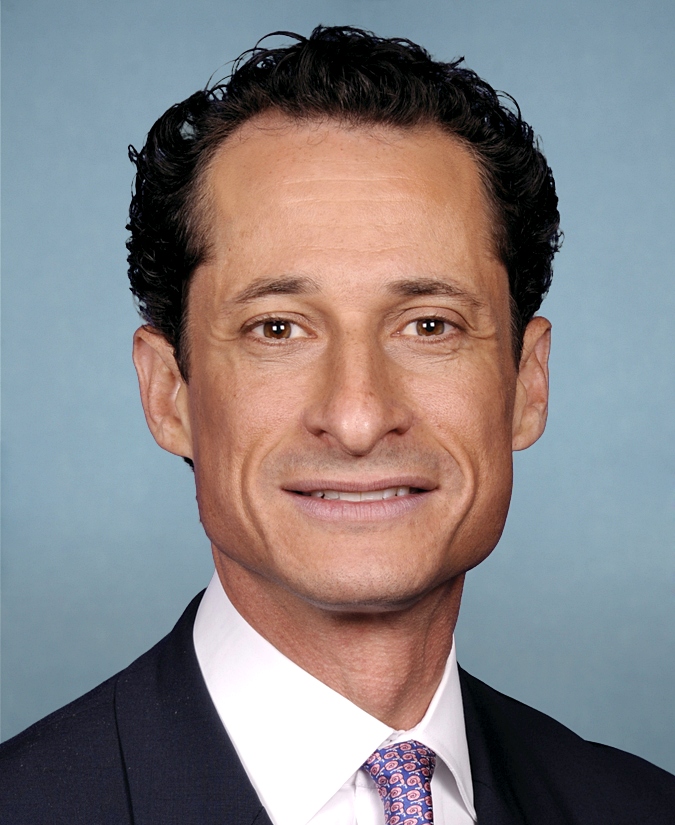
On 6 November, Comey notified Congress that the FBI had not changed its conclusion, reached in July, regarding Clinton’s emails.
The problem was that this email controversy had unfolded against the backdrop of Clinton’s 2016 presidential election campaign.
Comey’s path of transparency in informing Congress, who in turn would leak this information to the press, may have influenced the public’s perception of Clinton and the results of the 2016 election.
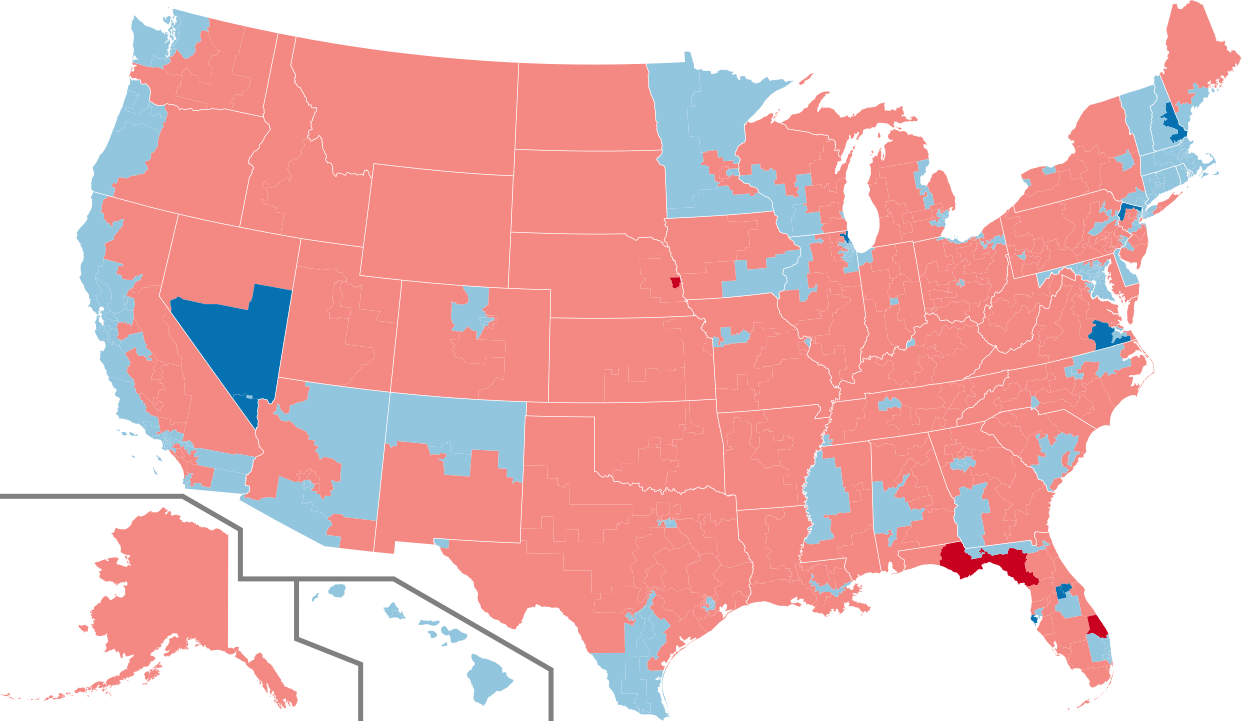
According to the Clinton campaign, Comey’s letters effectively stopped the campaign’s momentum by hurting her chances with the voters who were receptive to Donald Trump’s claims of a “rigged system”, but others have argued that Comey’s public actions were just one of cumulative factors that cost Clinton the election, including her decision not to campaign in key states like Wisconsin and Michigan.
On 3 May 2017, Comey testified before the Senate Judiciary Committee that:
“It makes me mildly nauseous to think that we might have had some impact on the election, but that honestly it wouldn’t change the decision.”
On the same day (5 July 2016) that Comey announced the FBI´s recommendation that the US Department of Justice file no criminal charges relating to the Hillary Clinton email controversy, the FBI acquired the Donald Trump – Russia dossier by Christopher Steele, a former British MI6 intelligence officer.

The FBI opened an investigation into the Trump campaign later that month.
Comey asked President Obama permission to write an op-ed warning the public that the Russians were interfering in the US elections, which the President refused as the allegations of misconduct and collusion between Donald Trump and his campaign and the Russian government were unverified.

Above: Flag of Russia
CIA Director John O. Brennan then gave an unusual private briefing to Senate Minority Leader Harry Reid on the Russians, which Reid then publicly referred to.
Comey, however, refused to confirm the Trump campaign was under investigation, even in classified Congressional briefings.
In January 2017, Comey first met Trump when he briefed the President-elect on the Steele Dossier.
On 27 January 2017, Trump and Comey had dinner alone together at the White House.

According to Trump, Comey requested the dinner so as to ask to keep his job and, when asked, told Trump that he was not under investigation.
According to Comey, Trump requested the dinner, asked Comey to pledge his loyalty, twice.
To which Comey replied, twice, that he would always be honest, until Trump asked him if he would promise him “honest loyalty”, which Comey did.
On 14 February, Comey met with Trump during a terrorism threat briefing in the Oval Office.

At the end of the meeting Trump asked the other security chiefs to leave the room, then told Comey to consider imprisoning reporters over leaks and that “I hope you can see your way clear to letting this go.”
Comey, as is usual, immediately documented the meeting in a memo and shared it with FBI officials.
On 4 March 2017, Comey asked the Department of Justice for permission, which was not given, to publicly refute Trump´s claim that his phones had been wiretapped by former President Obama.

On 20 March 2017, in testimony before the House Intelligence Committee, Comey confirmed that the FBI has been investigating possible coordination between the Trump campaign and Russia, and whether any crimes had been committed.
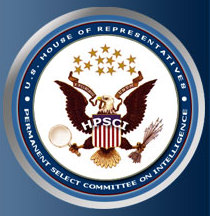
Comey refuted Trump´s tweeted allegations that Trump Tower had been wiretapped:

“I have no information that supports those tweets, and we have looked carefully inside the FBI.”
On 3 May 2017, in testimony before the Senate Judiciary Committee, Comey said that Russia is the “greatest threat of any nation on Earth….One of the biggest lessons learned is that Russia will do this again. Because of the 2016 election, they know it worked.”
Trump was angry and frustrated when Comey revealed the breadth of the counterintelligence investigation into Russia´s effort to sway the 2016 US presidential election.
He felt Comey was giving too much attention to the Russia probe and not enough attention to internal leaks to the press from within the government.
Comey requested additional money and resources to further expand the probe into Russian interference into the election.
Trump had long questioned Comey´s loyalty to Trump personally and he was angry that Comey would not support his claim that President Obama had his campaign offices wiretapped.
On 9 May 2017, Trump formally dismissed Comey.
The White House initially stated the firing was on the recommendation of US Attorney Jeff Sessions, listing objections to Comey´s conduct in the investigation into Hillary Clinton´s emails.
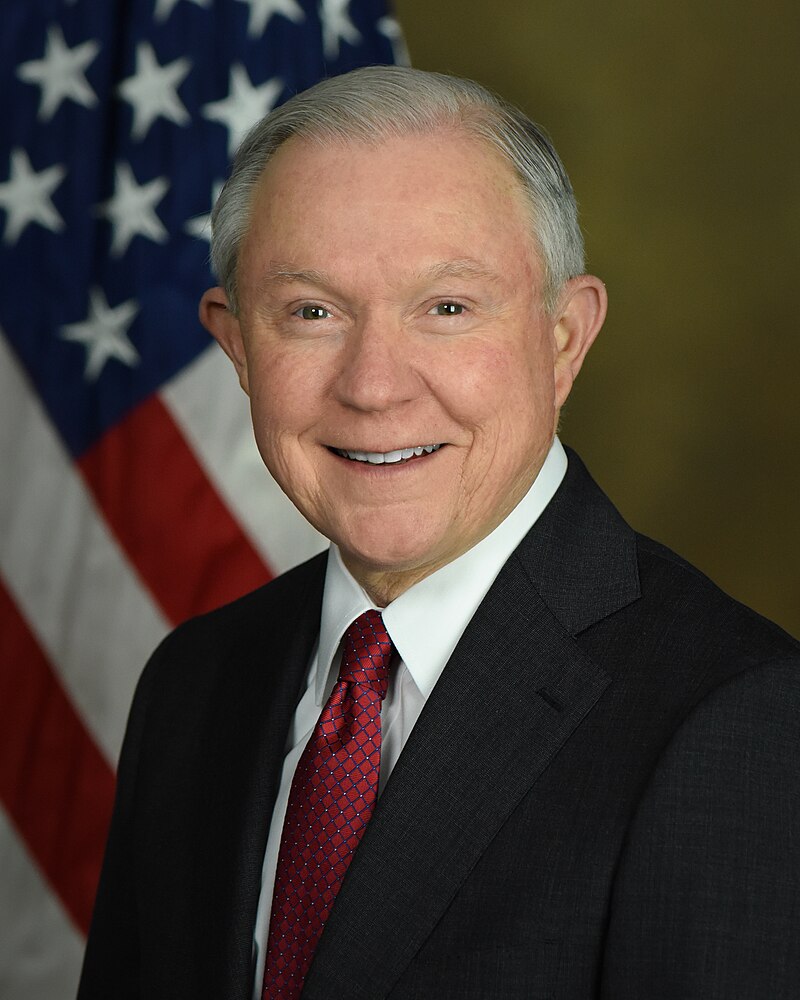
On 10 May, Trump told reporters that he had fired Comey because Comey “wasn´t doing a good job.”
Comey sent a letter to FBI staff in which he said:
“I have long believed that a President can fire an FBI Director for any reason, or for no reason at all. I`m not going to spend time on the decision or the way it was executed. I hope you won´t either. It is done, and I will be fine, although I will miss you and the mission deeply.”
In the absence of a Senate-confirmed FBI Director, Deputy Director Andrew McCabe automatically became Acting Director.
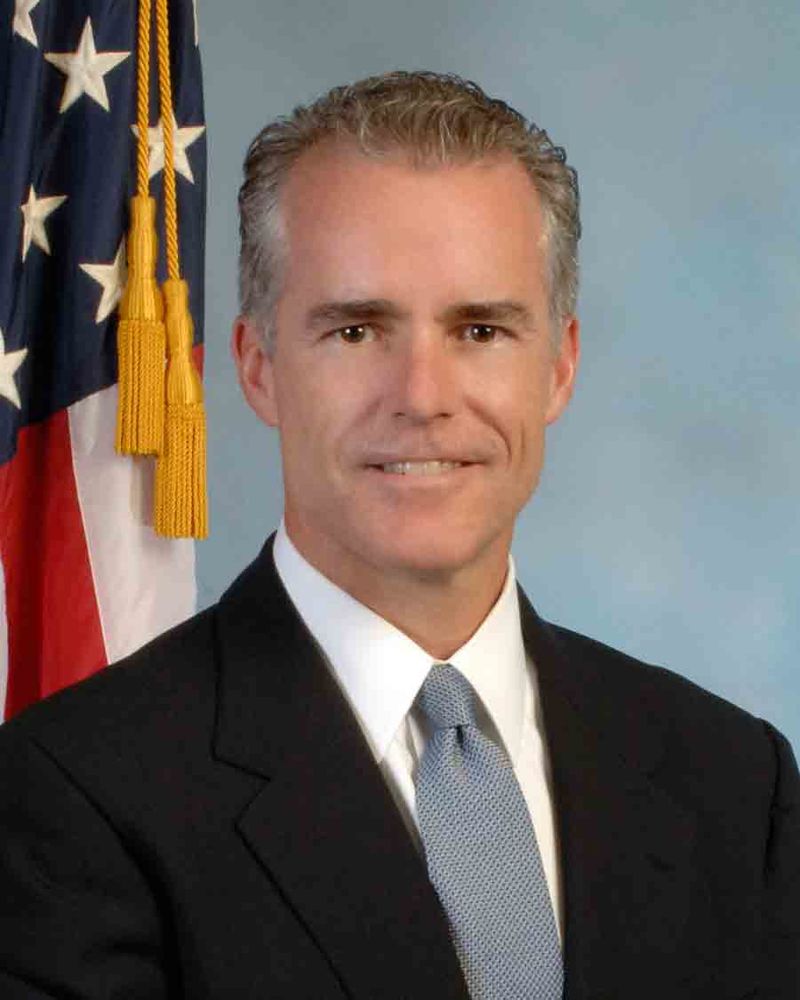
The next day, Trump stated to Lester Holt in an NBC News interview that Comey´s dismissal was in fact “my decision” and “I was going to fire Comey regardless of recommendation.”

Trump then admitted that the true reason for the dismissal was that “when I decided to just do it, I said to myself, ‘You know, this Russia thing with Russia and Trump is a made-up story.'”
Trump labelled Comey “a showboat” and “a grandstander.”
McCabe testified before the US Senate Select Committee on Intelligence that “Director Comey enjoyed broad support within the FBI and still does” and that “the vast majority of FBI employees enjoyed a deep and positive connection to Director Comey”, contradicting White House spokeswoman Sarah Huckabee Sanders who said she had heard from “countless” FBI agents in support of the firing.

On 12 May, Trump tweeted “James Comey better hope that there are no tapes of our conversations before he starts leaking to the press”.
On 19 May, the New York Times published excerpts of an official White House document summarising Trump´s meeting in the Oval Office with Russian Foreign Minister Sergey Lavrov and Russian Ambassador to the US Sergey Kislyak, where Trump admits to them:
“I just fired the head of the FBI. I faced great pressure because of Russia. That´s taken off.”
In that same meeting, Trump labelled Comey “crazy” and “a real nut job”.
Comey´s termination remains controversial.
Critics have accused Trump of obstruction of justice.
On 22 June, faced with a subpoena for the tapes that Trump alluded to, Trump issued a tweet stating “I have no idea whether there are tapes or recordings of my conversations with James Comey, but I did not make, and do not have, any such recordings.”
On 2 August, the New York Times reported that Macmillan Publishers had acquired the rights to Comey´s first book, to be released in spring 2018, in which Comey will discuss ethics, leadership and his experience in government.
I want to read that book.
I, along with millions of people, watched Comey testify in front of a public Senate Judiciary Oversight Committee hearing.

I was impressed with the dignity and forthright way he responded to questioning.
I was impressed with him when items not advisable for public exposure he did not refuse to answer but said he would gladly answer these questions to the Committee behind closed doors.
Comey struck me as a good and honourable man who kept his dignity and professionalism no matter how many enemies his honesty would create.
I have lost jobs in the past despite my popularity with everyone save the person terminating me.
I have lost jobs for “doing the right thing” and, on rare occasions, for not doing the right thing.
But my loss of employment was never as dramatic a fall from a high position as the position held by James Comey, nor my loss so public.
James Comey is not perfect.
James Comey made mistakes.
But everything seems to point to an open-faced, open-hearted resolution to follow his conscience and to obey and enforce the law.
I believe, and hope I am never proven wrong in this belief, that James Comey is a good man.

Above: James Comey (right) at the annual Birmingham Civil Rights Institute Conference of 25 May 2016
I only hope that I too will one day be seen as a good man as well.


